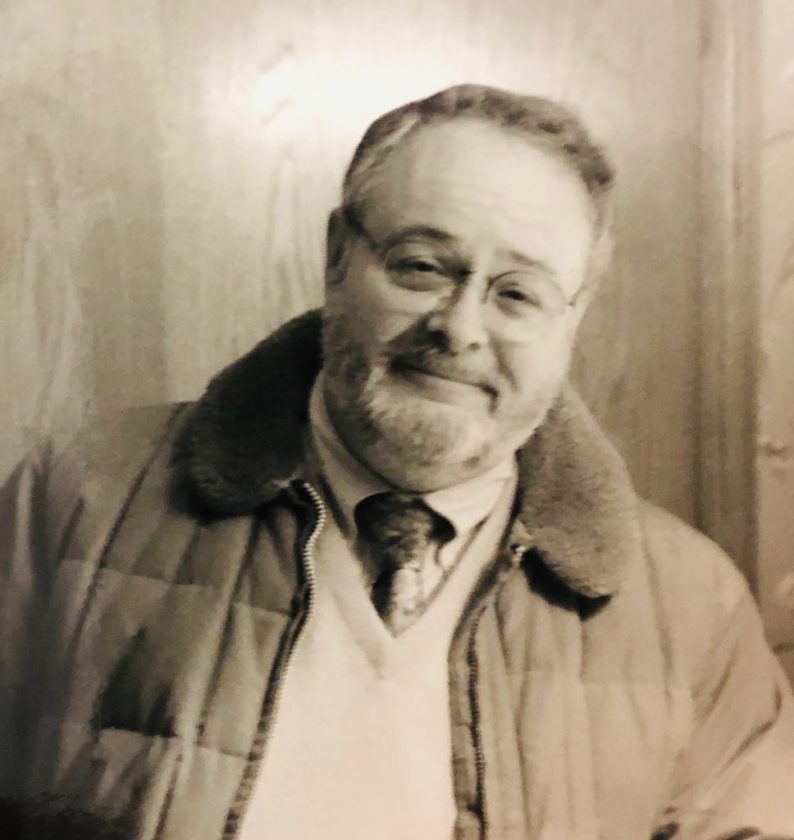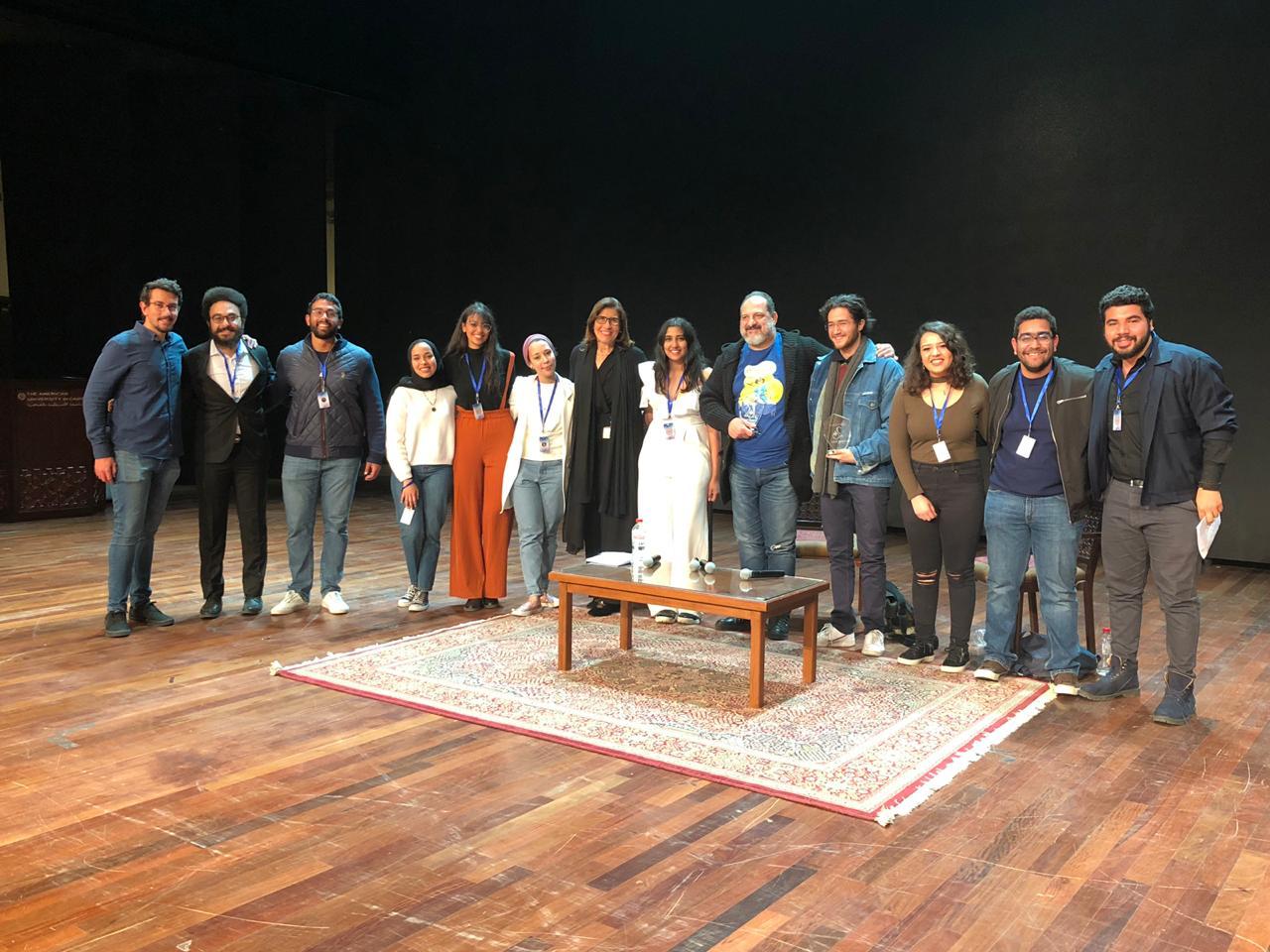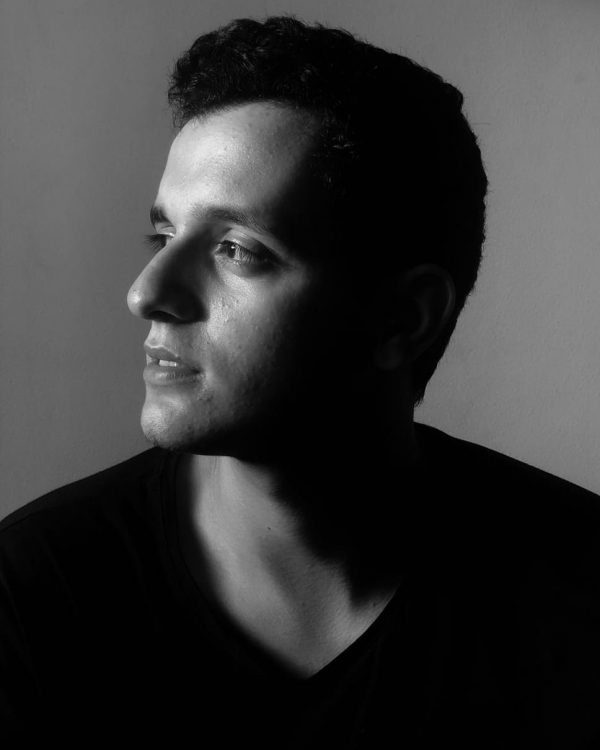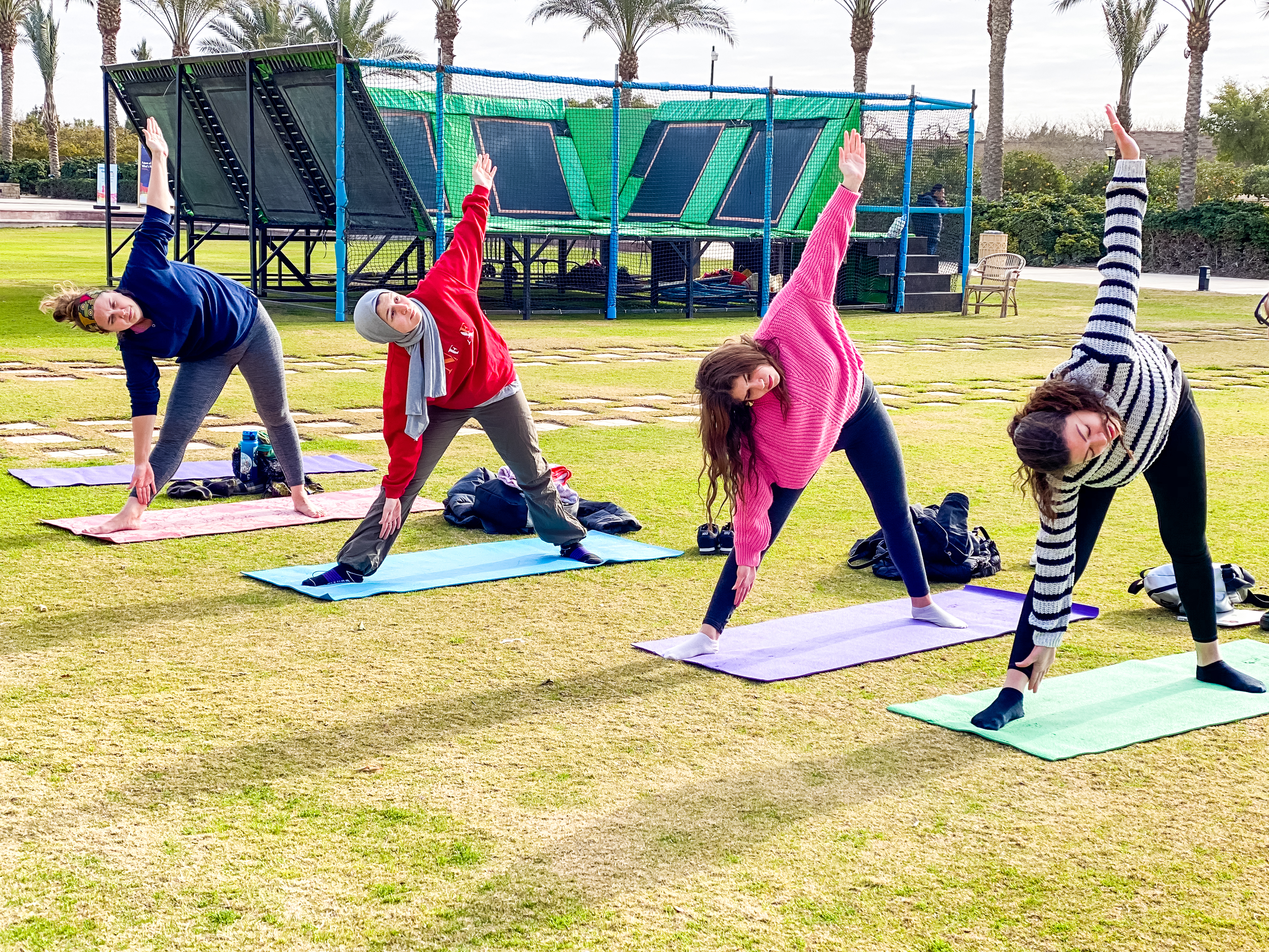Day 116: How to Be and Not Be Your Father?
Day 116: July 20, 2020
Global Cases: 14, 845, 690; Deaths: 612, 841
Egypt Cases: 88, 402; Deaths: 4, 352
Sean David Hobbs
Senior Editor at The Cairo Review of Global Affairs and Adjunct Professor in the Journalism and Mass Communication Department
I wake above the river Nile, in a rooftop apartment and I think of my father in this time of Corona. It is hard not to think of my dad in the mornings. He is far away and quarantined in a Chicago-area nursing home, positive with COVID-19.
He is in a special wing of his nursing home, where the medical professionals wear hazmat suits and he can sleep and sleep and sleep; resting after a life of work for disabled children.
He is alone there. A man closed off from the world after a massive stroke that almost killed him two years ago, with a PhD of Education locked away in his mind.
The stroke left my dad unable to walk, go to the bathroom, get out of bed or even move his own wheelchair.
On a bad day, he can hardly talk, his voice is a whisper. He sleeps almost 20 hours. On a good day, he is aware and awake and remembers life.
He is what is called in the nursing care business “the most needy” of all residents. In order to move my father from his bed, nurses come to his room and use a mechanical Hoyer lift [akin to a giant metal stork] to raise his prone body from the bed and place him onto his specially modified wheelchair.
Then, a nurse brings him to the cafeteria where he can feed himself.
I think of my dad every morning and do a silent prayer, reading my Ordo Catholic prayer book, the same book he bought me, even when I was agnostic and he was still holding out hope.
The key to any son’s heart is his father’s pride.
When my Dad and I talk now via Google Duo video call, I tell him about my life and my work. The most important thing to men is our work. It comes before family as our work gives us our self-respect.
In our talks, my father wants to know about my job as the Senior Editor of the American University in Cairo’s journal Cairo Review of Global Affairs.
I tell my father about the Cairo Review and the contribution we make during the coronavirus as one of the leading publications on public policy in the Middle East and North Africa.
My father tells me he is proud of my work.
The key to any son’s heart is his father’s pride.
In the mornings, I water my plants on my balcony over the Nile River and I look down as far as the eye can see across this city on the ancient waterway.
The leaves of the fire trees on the riverside have turned orange and red and blossom, and I am alone in the mornings and the afternoons and the nights.
After I water my plants, I eat breakfast on the balcony and drink a glass of double espresso.
Then I get to work as senior editor.
Emails are sent. Essays edited. Photographs chosen. Twitter. Facebook. Posting. Posting. Posting. Posting. Posting.
I contact our writers and our editors. More emails. A zoom session and a telephone call. And another call. And a zoom.
The days and hours roll by. 12 hours and the sun is setting and the work is done.
For The Caravan‘s previous diary entries in Arabic and English go to our COVID-19 Special Coverage page.
Most evenings I need to get out of my apartment.
I go down to the street with my Cottonil black mask on — sporty and stylish — and walk around downtown Cairo, which after sunset is quite empty.
Social distancing is easy. Boys and girls fly kites in the night sky from bridges.
I remember back to my father when I was a boy and he was my age now.
When he was younger, my father was a pure-hearted lion of a man who in his stubbornness could die on too many hills for his own political good. And yet, he learned to play the game of work and worldly things.
My dad was an advocate for disabled children as a teacher and school administrator and then, after his first retirement, as the head of a disabled child lobbyist organization in Wisconsin.
I remember him and his efforts and his life as I walk the streets of sunset in Cairo.
By 9 pm, I head back to my apartment for my night time video call with my Dad.
How to be your father and not be your father? This is a question all men ask themselves. My Dad was never perfect. No one man is.
When he thought he was right, one could never convince him he was wrong. He could tear down another person’s life, certain of his own truth.
Yet, when he and I talk, I don’t remember this hurtful side.
The key to being a good father is if your children, at the end, don’t focus on your faults but instead remember how much you love them and how much you taught them. And how proud you are of them.
My father has had a good life and led with honor and grace.
He is the best man I have ever known and many men cannot say that about their fathers. I happen to be one of the lucky few who can.
*After testing positive and being in quarantine for over a month, Ken Hobbs recently tested negative two times for the coronavirus. He and his son continue their long-distance talks.





